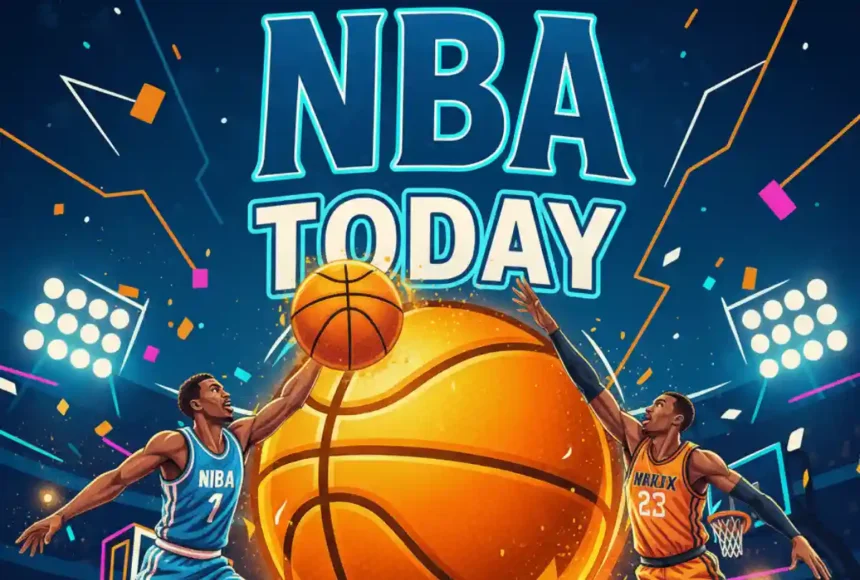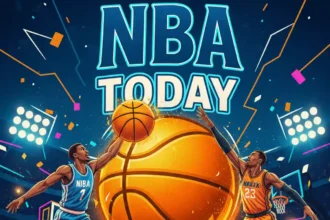NBA Star LeBron James Sparks Debate on Team Dynamics and Personal Relationships
NBA icon LeBron James recently stirred up controversy with his candid remarks about the impact of teammates’ girlfriends on team chemistry. Following a game, the Los Angeles Lakers forward expressed concerns about some players having “cutthroat, ruthless” partners, shedding light on the often-overlooked influence of personal relationships in the professional sports world. James’s comments have ignited a debate on the boundaries between personal life and professional obligations in elite sports.
The Influence of Personal Relationships on Team Dynamics
LeBron James’s blunt assessment of NBA players’ girlfriends potentially disrupting team chemistry has brought attention to a complex issue within professional sports. The dynamics between athletes and their significant others can have a profound impact on individual performance and the overall cohesion of a team. In a high-pressure environment like the NBA, where teamwork is paramount, maintaining harmonious relationships both on and off the court is crucial for success.
While James’s remarks may have been surprising, they highlight the challenges athletes face in balancing their personal lives with their professional responsibilities. The scrutiny and demands of elite sports can place strains on relationships, requiring athletes and their partners to navigate these challenges with care to avoid negative consequences on their careers and team dynamics.
Navigating the Challenges of Athlete Relationships
Professional athletes like LeBron James lead demanding lives that often involve constant travel, intense training regimens, and media attention. The support and understanding of a partner can be a vital source of stability in such circumstances. However, when personal relationships become sources of conflict or distraction, they can undermine an athlete’s focus and impact their performance on the court.
Athletes and their partners must find ways to strike a balance between the demands of their careers and nurturing their personal lives. Clear communication, setting boundaries, and seeking professional guidance from sports psychologists or relationship experts can help athletes and their significant others navigate the unique challenges they face while maintaining a healthy and supportive relationship.
Expert Insights on Athlete Relationships
Sports psychologists and relationship experts emphasize the importance of open communication and mutual respect in athlete partnerships. Dr. Sarah Thompson, a renowned sports psychologist, highlights the role of healthy relationships in supporting athletes’ mental and emotional well-being, which ultimately affects their performance. Building a strong support system and cultivating a culture of understanding within sports organizations can contribute to athletes’ overall success both on and off the court.
As professional athletes continue to face the complexities of managing personal relationships in the spotlight, the need for support and resources from sports organizations becomes increasingly apparent. By providing counseling services, relationship workshops, and communication training, teams can empower athletes and their partners to navigate the challenges of professional sports more effectively, fostering a positive environment for success.
FAQ
Q: How common is it for athletes to face challenges related to their partners in professional sports?
A: Athletes often encounter difficulties in balancing personal relationships with the demands of professional sports due to the unique pressures and lifestyle associated with their careers.
Q: What strategies can athletes employ to maintain a healthy balance between personal relationships and professional obligations?
A: Establishing clear boundaries, effective communication, and seeking support from professionals like sports psychologists can help athletes navigate the complexities of managing personal relationships in the sports industry.
Q: How can sports organizations support athletes and their partners in managing the pressures of professional sports?
A: Sports organizations can offer resources such as counseling services, relationship workshops, and communication training to assist athletes and their partners in addressing the challenges they face, promoting overall well-being and performance.




